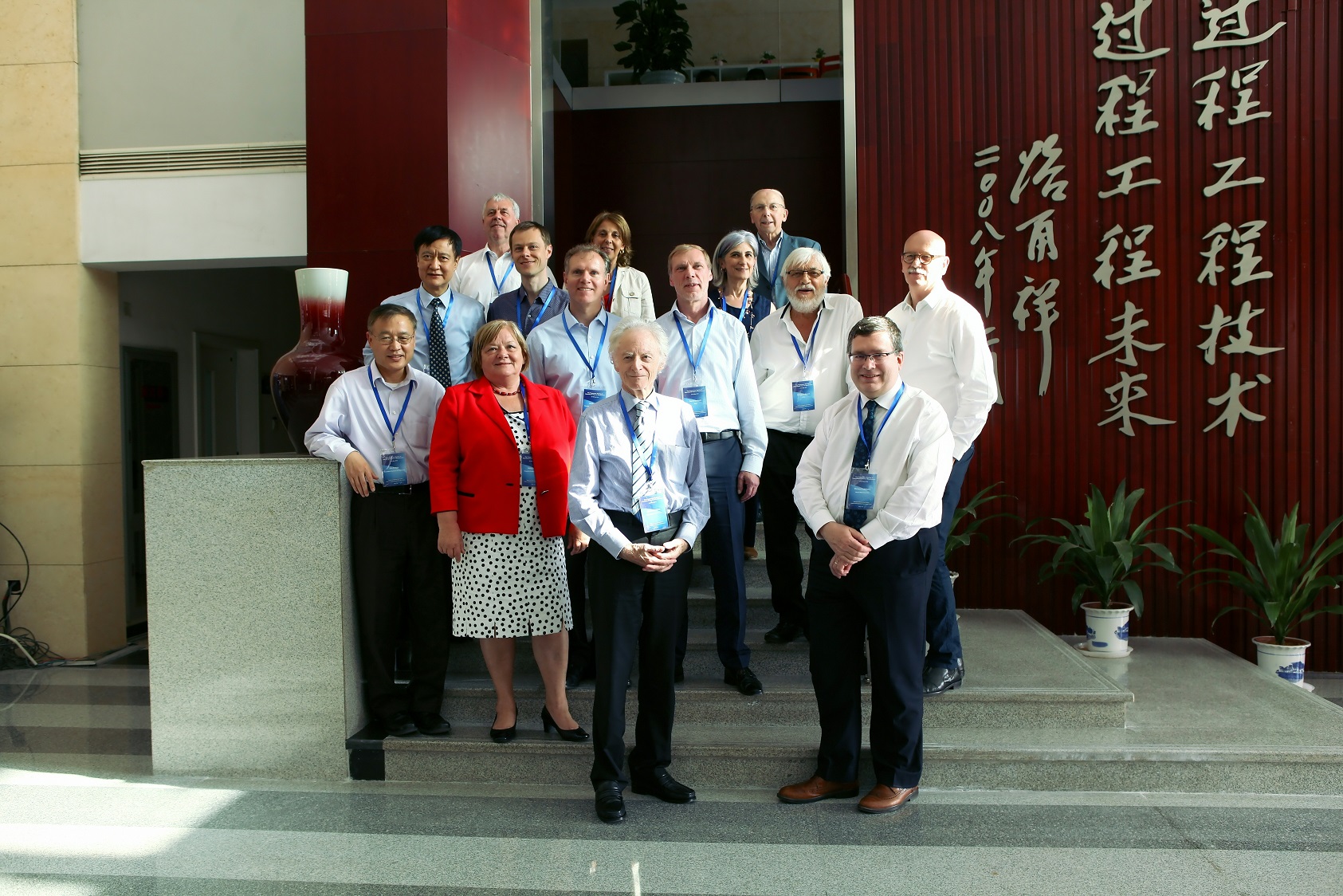On 27-29 May 2018, Professor Marc-Olivier Coppens, Director of the CNIE, served on the first meeting of the International Panel for Mesoscience (IPM). Mesoscience is a large new programme of the National Science Foundation of China, led by Professor Jinghai Li (Institute of Process Engineering, Chinese Academy of Sciences). The IPM consists of several distinguished scientists from academia and industry in the UK, USA, Australia, China, Germany, France, Switzerland, Italy, and Hungary. Led by Professor Li, the emerging area of "Mesoscience" proposes that the properties of complex systems in nature and technology result from a compromise between competing factors. Atomistic, bottom-up approaches should be merged with a holistic, integral view. The mathematical toolbox is often based on variational calculus (integral rather than differential), where behaviour emerges from multi-objective optimization under constraints. The vision of the Mesoscience programme, which was refined at the IPM meeting, has a lot of complementarity with areas explored in the Centre for Nature Inspired Engineering, CNIE. Both argue that, for complex systems in nature and technology, traditional bottom-up or top-down approaches have considerable limitations: simple extrapolation or additivity do not hold. Properties emerge that cannot be easily related to simple building elements, using conventional mathematical frameworks. The Mesoscience programme seeks to discover a fundamental basis for emergent complexity, to provide a more reliable description of natural and technological systems. The CNIE, on the other hand, researches complex natural systems, to discover and apply fundamental mechanisms underpinning desirable properties in nature, as guidance for innovation, in our quest to solve challenging engineering problems. We look forward to further explore fruitful relations between Mesoscience and the CNIE.(University College London) 
Fig 1 IPM Group photo (photo by IPE)
|